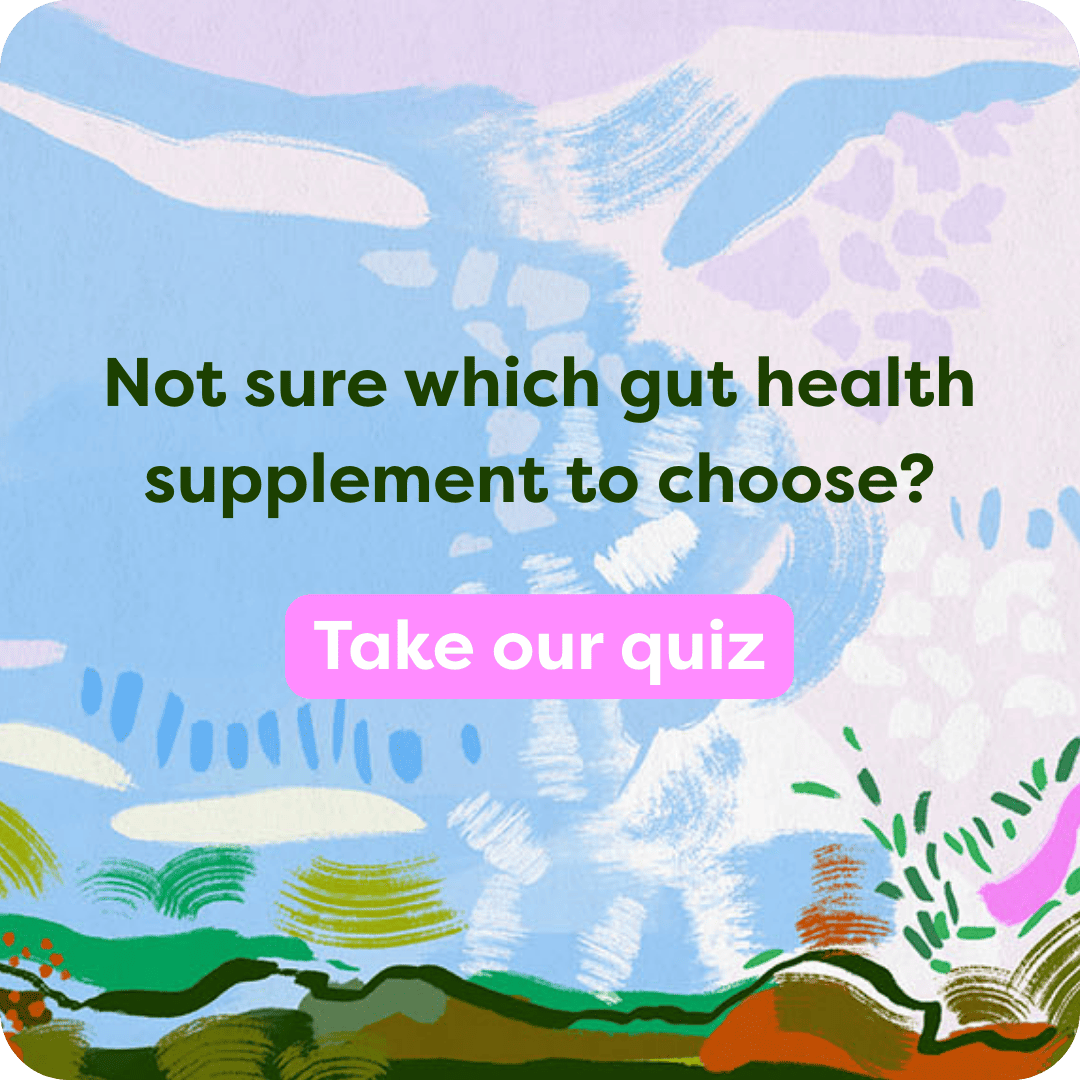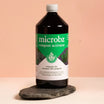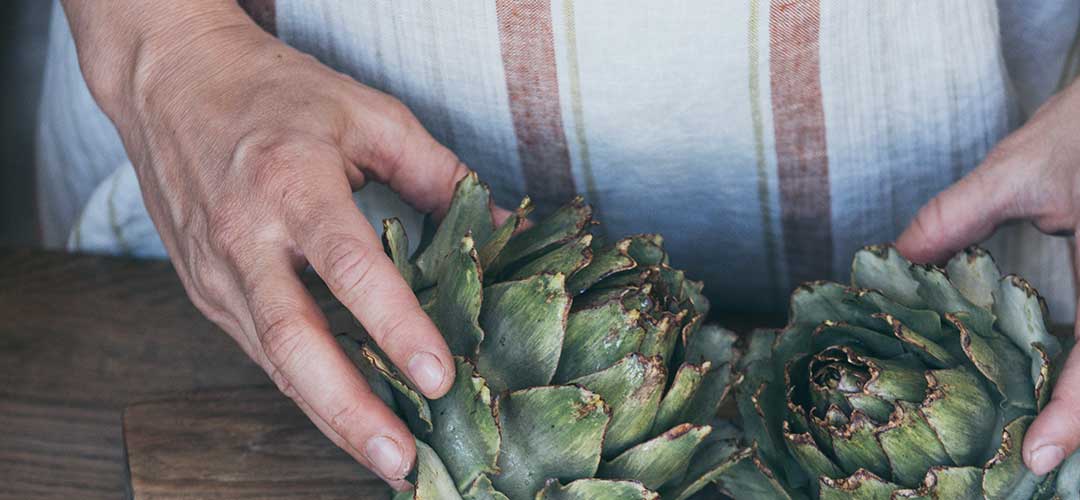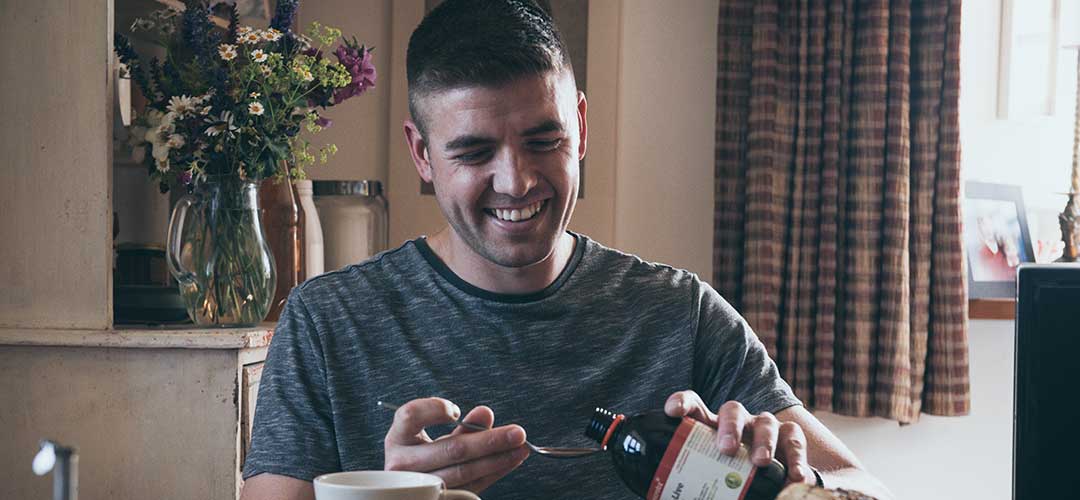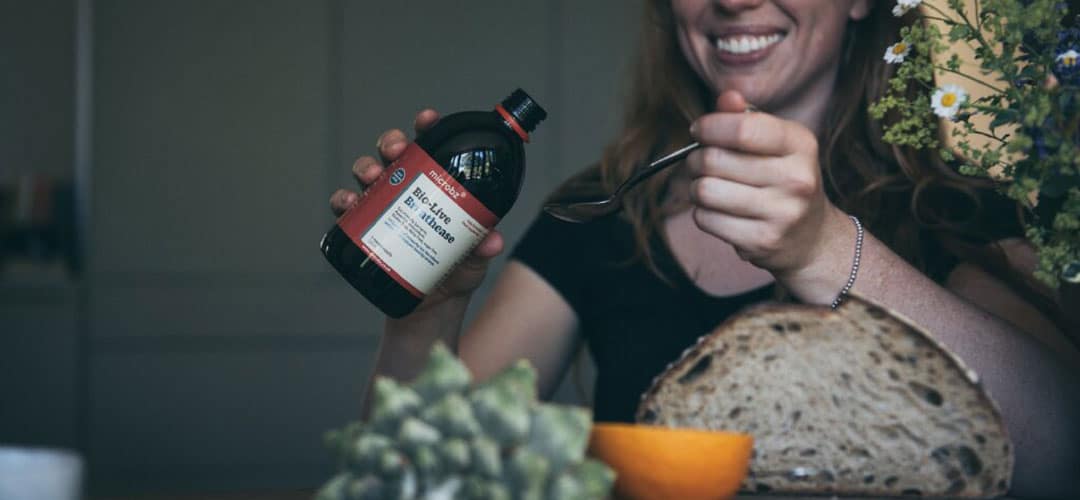The trillions of bacteria that live around, on and inside you are sensitive creatures, it turns out. Left to their own devices, they work tirelessly for your health and wellbeing; that's what they have done for billions of years, creating and enabling life to evolve and develop into the world we inhabit today.
But we also need to look after them. How we eat, how we exercise, how we sleep and how we relax: these pillars of health described succinctly by Dr Rangan Chatterjee are fundamental to our wellbeing. That's because together they help to maintain an effective balance of microbes in what is called our microbiome - the complex, unique and immeasurable community of bacteria that is us.
The bottom line is this: the connection between our gut and our brain means that how we think has a significant and immediate impact on our gut function. We all know the 'gut reaction' of nerves before an interview or a presentation, or in response to a life crisis. Hopefully these symptoms, whether they are butterflies in the stomach or full-on nausea, are relatively short-term stresses that pump extra adrenaline and readiness into our system to help us meet the challenge and move forward. But our gut is particularly vulnerable to persistent stress, the kind we may live with every day at a demanding job, in a troubled relationship, dealing with a long-term health issue, driving a dodgy car, anxiety about a child, or any other stressor from our lifestyle or environment.
Stress has been shown to actually cause changes in our microbiome, by slowing down digestion, encouraging overgrowth of certain bacteria, and therefore increasing susceptibility to pathogens. It may also lead to various gastrointestinal diseases such as reflux, peptic ulcers, IBS and food allergies. And that gut-brain superhighway works two ways.
Taking a good probiotic has been shown to decrease depression and anxiety in otherwise healthy adults. Eating probiotic foods lessens inflammation and can influence mood and behaviour. Above all, taking steps to reduce our stress is fundamental to a healthy lifestyle. This is a key component for good sleep, longevity, physical and mental health. Yoga, Pilates, mindfulness, relaxation, walking in nature, taking time for exercise, having the conversation we may have been avoiding - there are as many solutions as there are people and problems. Now, we'd like to hear from you. How have you tried to manage your stress? What has worked, and what hasn't?

